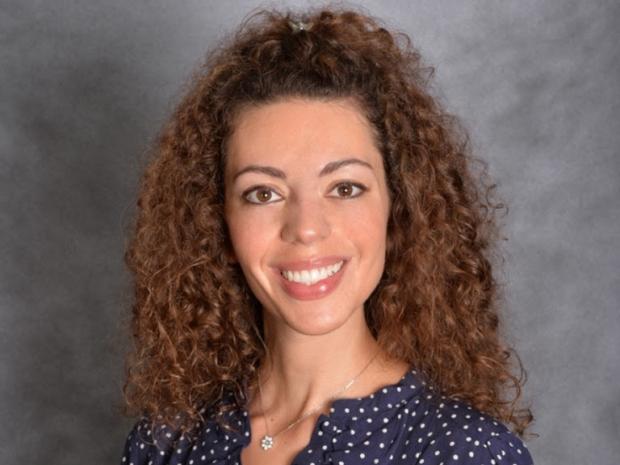Interpretation of ground movements due to the construction of the Crossrail tunnels, in London UK

We are pleased to announce a seminar with
Dr. Evangelia (Eva) Ieronymaki
Assistant Professor
Manhattan College
Interpretation of ground movements due to the construction of the Crossrail tunnels, in London UK
Cookies and coffee will be provided!
Abstract
Construction of large diameter tunnels is frequently accomplished by closed face tunnel boring machines (TBM), using a combination of face pressure and grouting around the precast lining in order to limit ground movements and potential damage to overlying structures. In practice, urban tunneling projects require extensive monitoring of ground and structure response to the tunneling operations. Although these data are primarily used to address liability issues, they are crucial for the calibration and evaluation of predictive methods. This talk will focus on analyses of ground movements monitoring data caused by the construction of the Crossrail tunnels in London Clay. Crossrail is currently the largest infrastructure project in Europe and one of the most well-instrumented projects in the world. It consists of twin tunnels, constructed by Earth Pressure Balance (EPB) and Mixed Shield TBM, that pass under existing underground tunnels, sewers, and building foundations. Free-field measurements of surface and subsurface ground movements were interpreted using 2D finite element analyses with different soil constitutive models. The analyses optimize three input parameters corresponding to boundary deformations around the tunnel cavity, using a least squares fit to the measured ground movements. The results provide a comprehensive view of the ground movement pattern and a useful framework for understanding how ground response is linked to EPB control parameters, which can be further investigated using 3D finite element models.
Bio
Eva Ieronymaki is an Assistant Professor of Geotechnical Engineering at Manhattan College and a Research Affiliate at MIT in the department of Civil and Environmental Engineering. She received a Diploma in 2007 and a Master of Science in “Analysis and design of earthquake resistant structures” in 2008 from National Technical University of Athens (NTUA), Greece. She was then awarded the Edward Linde Presidential Fellowship from Massachusetts Institute of Technology (MIT) to continue her graduate studies. There she completed her Master of Science in 2011 and her PhD in 2015, for research in Geotechnical and Geoenvironmental Engineering. Her research deals primarily with numerical modeling, soil behavior, and effects of tunneling on soils and structures, using advanced constitutive soil models. During her PhD, she collaborated closely with the Crossrail construction consortium (BAM-Ferrovial-Kier) and she performed part of her research on the construction site in England (2013). She also worked as a summer intern, at Attiko Metro S.A., during the construction of the red-line subway extension, in 2007. Dr. Ieronymaki is a licensed professional engineer, a member of the Technical Chamber of Greece since 2007, and an Associate Member of the American Society of Civil Engineers (ASCE) since 2015. She has received several prizes and awards during her undergraduate and graduate studies, including 'Greek State Scholarship Foundation’ scholarship, Hatzopoulos prize NTUA, Kontodimos prize NTUA and Gerondelis Foundation fellowship.
About CUSP
The Center for Urban Science and Progress (CUSP) is a university-wide center whose research and education programs are focused on urban informatics. Using NYC as its lab, and building from its home in the NYU Tandon School of Engineering, it integrates and applies NYU strengths in the natural, data, and social sciences to understand and improve cities throughout the world. CUSP offers a one-year MS degree in Applied Urban Science & Informatics.
The CUSP research seminars aim to promote an intellectual community around urban informatics, an intrinsically multidisciplinary field, by facilitating discussions on various research topics related to the intersection of big data and urban planning.


